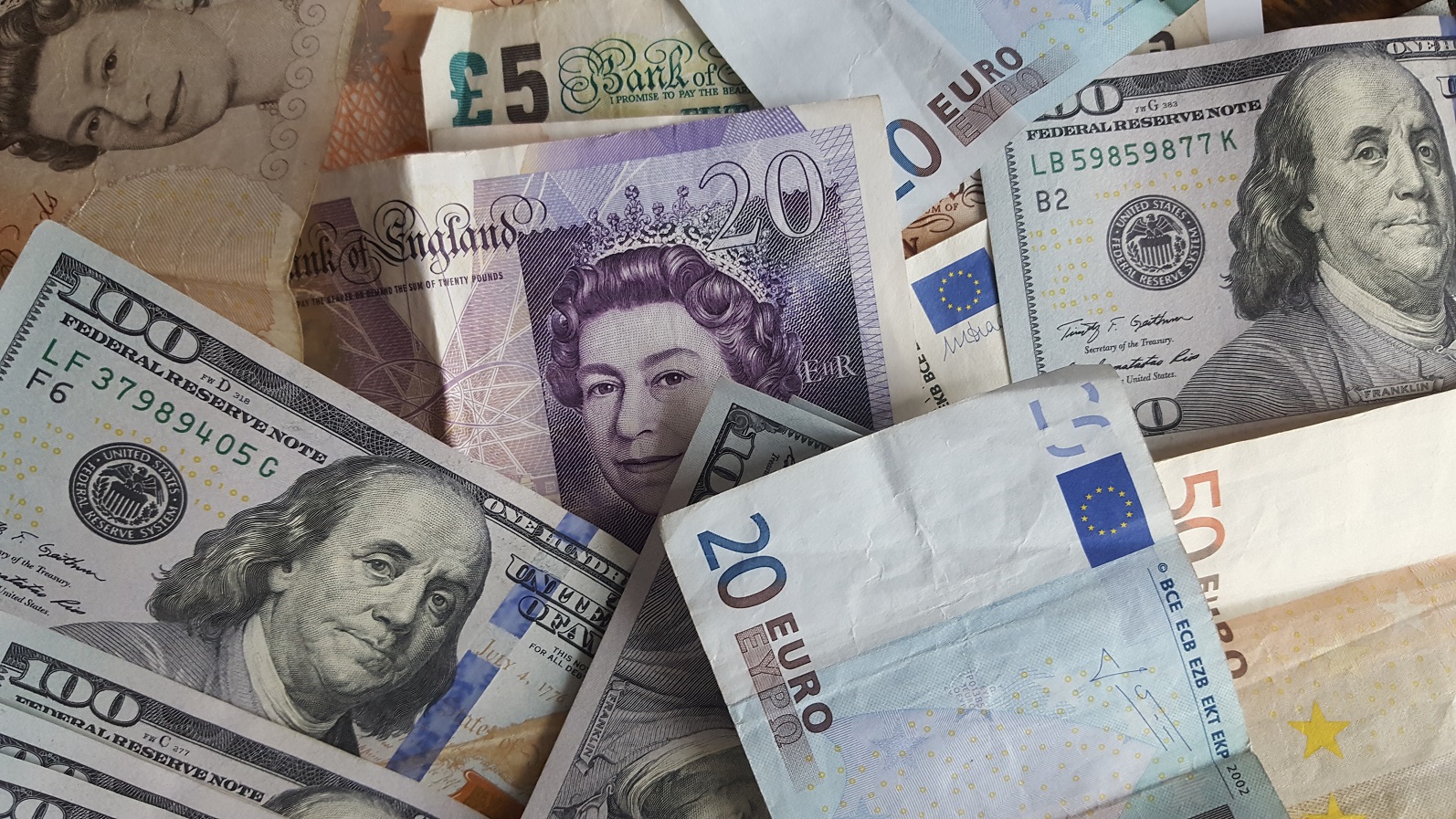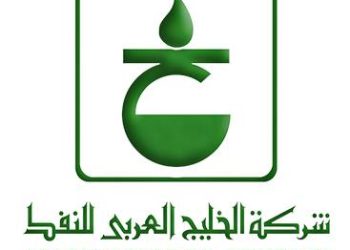Former Governor of the Central Bank of Libya (CBL), Taher Al-Jehaimi, said the future of the value of the Libyan dinar against the U.S. dollar is not reassuring under the current circumstances.
Part of the Libya-wide debate to reform its stagnant economy
Al-Jehaimi is participating in the ongoing wide Libya-wide debate on how to reform Libya’s stagnant economy. The recurring debate receives a new boost virtually every month as the Central Bank of Libya (CBL) issues its monthly state spending and earning statement.
The CBL statements consistently show over half of state revenues being spent on inefficient Qaddafi era subsidies and state-sector salaries. Efforts to seriously activate the private sector to create enough jobs to shrink the state-sector have persistently failed. And no government since the 2011 revolution has had the political courage to reform the state subsidy system.
The debate also resurfaces every time the Libyan dinar loses value. It had fallen through the LD 7 per US dollar mark at the end of March.
The debate includes reforming and reducing the size of the centralised rentier, welfare state inherited from the Qaddafi era in 2011. But it also includes the aim to increase the value of the Libyan dinar against the world’s currencies.
The debate has attracted many leading Libyans including academics, businesspeople, bankers and the Grand Mufti of Libya. At the end of March, the Chairman of the private sector ATIB (Assaray Trade and Investment Bank) and Tadawul Financial Services Company, Naaman Elbouri gave his nine-point prescription for increasing the FX value of the Libyan dinar.
Saving the dinar requires concerted efforts of all state institutions
Al-Jehaimi said the CBL is not solely responsible for the current situation but requires the concerted efforts of all state institutions.
Oil revenues will not solve the problem
Oil revenues will not be sufficient to solve the problem, given the market stabilisation policies of producing countries, he added. The abundant reserves of the Central Bank would also be subject to rapid decline, he warned.
With regards to international oil price stabilisation policies, he explained that Saudi Arabia and America are committed to the policy of stabilising the oil market, as neither of them has an interest in prices rising or falling significantly.
High prices hurt America economically, and low prices hurt Saudi Arabia financially and American companies, he explained.
Economic reform is painful
The solution lies in a comprehensive economic reform, but its positive results, he warned, take time. Moreover, he said economic reform is a painful process, requiring a strong government with broad, near dictatorial, powers.
The outlook for Libya is rather pessimistic
In conclusion, the former CBL Governor warned that the outlook for Libya is rather pessimistic, given the difficulty of implementing radical economic reforms under the current situation.
The Grand Mufti
As mentioned, the topic of the poor value of the Libyan dinar is not a monopoly of financiers or bankers. It was also mentioned in February this year by the Grand Mufti of Libya, Sadeg Al-Ghiriani. He said, “Every official in Libya should be ashamed of the collapse of the Libyan dinar against foreign currencies and the dollar exchange rate reaching about 7 Libyan dinars’’.
The Grand Mufti went on to say ‘‘Libyans export one and a half million barrels per day of oil and their (annual state) budget is 170 billion dinars, and yet when the Libyan walks, he walks humiliated, despicable, and exchanges the Libyan dinar for half a Tunisian dinar or less’’.
He added ‘‘And after this humiliation, no Libyan official was ashamed (enough) and resigned.”
The debate continues
The debate continues as unelected, relatively weak governments in both western and eastern Libya fight between populist policies to consolidate their holds on power versus painful needed, but deeply unpopular fiscal and economic reforms.
Hence the need for Libya to have one unified elected, mandated, strong government has political, security and economic urgency.
.
CBL’s latest revenues and spending data reveals a dinar surplus but a dollar deficit









